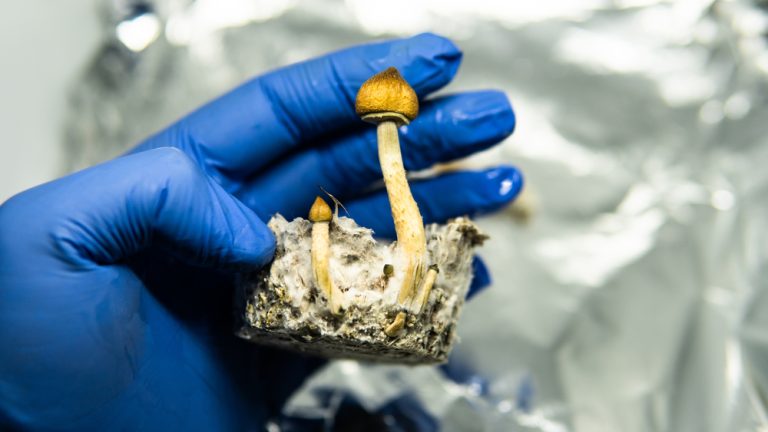We are starting to see increased support for the idea that people can be addicted to food.
There are a number of reasons for this, including brain imaging and various studies demonstrating the way that food can stimulate the brain pleasure centers.
This scientific evidence shows that humans and animals experience similar feelings of reward and pleasure from food as from addictive drugs like cocaine and heroin. This turns out to especially be the case for foods that are high in fat, salt and sugar.
These chemicals appear to trigger pleasurable brain chemicals such as dopamine which make you want to eat again, regardless of whether you need nutrition.
Eating and being preoccupied with food when you do not need nutrition qualifies as a compulsive behavior, which many consider a form of addiction.
In addition, some experts have identified a dynamic whereby patients develop a higher tolerance for eating, meaning the more food they consume the less satisfaction they receive. And this is similar to the way that addictions to drugs, alcohol and gambling work.






